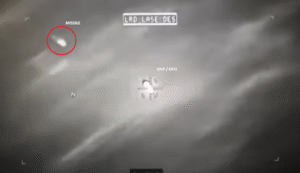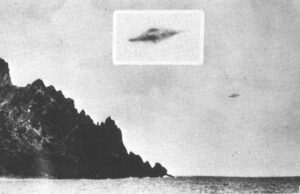What is the formula for kinetic energy?
Kinetic Energy Formula The Kinetic energy is the energy that an object has due to its motion. Ek, is the energy of a mass, m, in motion, v2. Ek = 1/2 mv2
what is zero error in science
What is meant by a zero error?
zero error. Any indication that a measuring system gives a false reading when the true value of a measured quantity is zero, eg the needle on an ammeter failing to return to zero when no current flows. A zero error may result in a systematic uncertainty.
What is zero error in AQA science?
AQA Science: Glossary – Zero Errors Any indication that a measuring system gives a false reading when the true value of a measured quantity is zero, e.g. the needle on an ammeter failing to return to zero when no current flows. A zero error may result in a systematic uncertainty.
What is error in science?
In science, error is the difference between the true value and the measured value, and that difference can have many different causes.
what does zero error mean in physics
What is the meaning of zero error?
“Zero Error” is defined as a measuring instrument indicating a value even when there is nothing being measured. For example, a scale which indicates value even when the weighting platform is empty. Of when an electrical meter indicates a voltage when the leads are not applied to a source.
sources of random error in physics
What are the sources of random errors in measurement?
Error due to the variation of in the setting of the workpiece and the instrument, Due backlash and friction in the components of the measuring instruments are the sources of the Random errors in measurement.
What is a true random error in an experiment?
A true random error will average out to zero if enough measurements are taken and averaged (through a line of best fit). This is why repetition of measurements can improve the reliability of the final result of an experiment.
what does zero error mean in physics
What is the difference between positive and negative zero error?
If the zero of the vernier scale lies to the bottom of the main scale, then it is called positive zero error. If the zero of the vernier scale lies to the top of the main scale, then it is called negative zero error. Zero error is corrected by adding the same number but of opposite sign. This is called zero correction.
sources of random error in physics
What are the different types of errors in physics?
In Part 2 of the Physics Practical Skills Guide, we looked at reliability, accuracy and validity and how they are affected by different types of errors. In this part of the Physics Practical Skills Guide, we look at experimental errors (systematic and random errors) in more detail.
How does random error affect precision?
If you take multiple measurements, the values cluster around the true value. Thus, random error primarily affects precision. Typically, random error affects the last significant digit of a measurement. The main reasons for random error are limitations of instruments, environmental factors, and slight variations in procedure.



